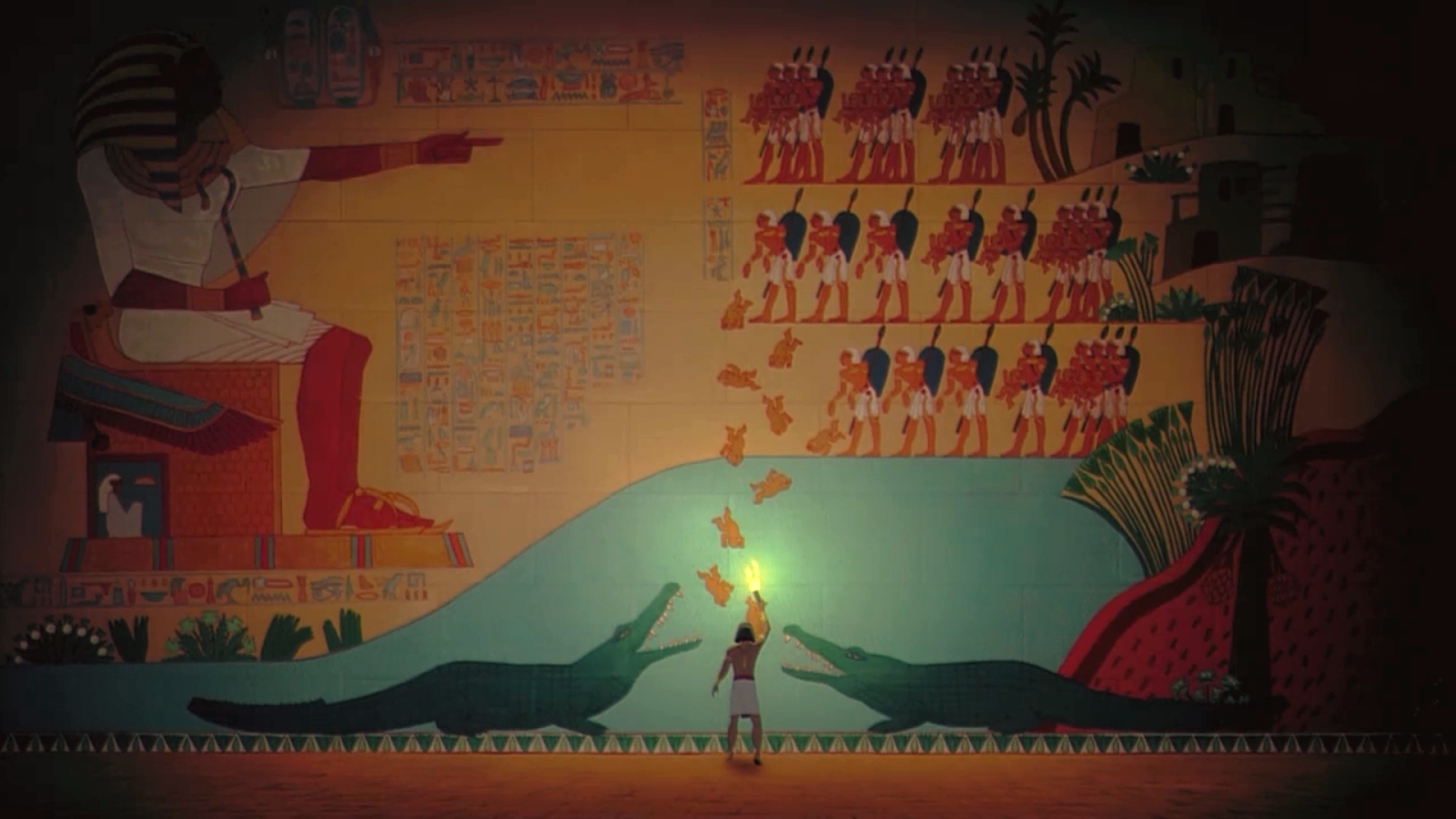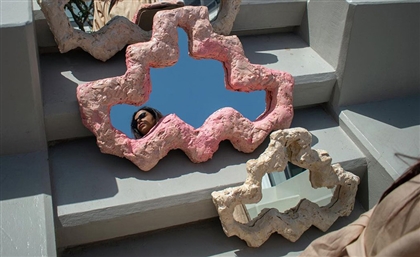Egypt's Ancient Glory
Anam Sufi tells a story we all know well, recalled since the time of the Pharaoh and passed down to warn dynasties and nations to come. But history, they say, repeats itself - when will Egypt heed caution?

There was a low hum of panic that swept through the streets. The patting of heels against red sand offered a portentous anthem to the impending horrors. Even the sun had seemingly turned its back on the people, cowering behind what were now merely contours of sleeping mountains. Beating drums, the death march, boomed through the city, laboriously competing with erratic screams from mourning mothers. These weren’t lamentations, rather a collective dirge to mark the death not of the masses, but of one: justice.
Hands hammered on defeated doors, announcing the arrival of Anubis. His heavy breathing and scent of hunger was enough to quell any whimpers of hope and redemption. Mothers turned to shields as their boys that were stolen from their bosoms, all under the order of the beloved king.
“Off! Off! Off with their heads!” went the chant, as swords met shoulders that stood only feet from the ground. Some attempted to hide behind trees, the cloaks of nature, in one final attempt to save their sons. But there was no room for such veils and such oversights, not today, not on the dawn of a new era.
As the light began its fleeting condolences, the sky was striated with streaks of red; the blood of man, of children unmanned, and of destinies undone.
Turning her back from the ebbing flow of nature’s smuggler, a woman clutched her chest and whispered a prayer. Away went a basket of content unknown, drifting into the horizon and propelled by chance.
Between a film of tears and disillusionment she turned to look upon the city. By now the screams had turned to silent prayers, and empty cribs mocked the infertility of a cursed land. Walking through the streets, she took note of the aqueducts that overflowed with the blood of children, of sons, and of brothers. It splashed unto the outer walls of decrepit homes, and emptied out into the fields, watering the crops for next season’s harvest. Numb to the shared sorrow of shamed eyes and helpless fathers, she scoured the elevated palace, as it stood ever watchful of the city’s affairs.
At the summit of the palace peak, stood a shape in silhouette, and only through the last rays of a descending sun could she take note of his face. There stood the Pharaoh, the beloved leader, absorbing the consequential requiem of his resolve. He wore a crooked smile, appeased of the burden that the prophecy had conveyed. Never shall a son be born of lower class threaten his place on the throne.
As though by invitation, night took control. And only by a single torch, was the Pharaoh's colossal shadow cast over the city below; a shadow that would undoubtedly stretch across centuries of infamy.
***
The story sounds familiar. Of course it does. We’ve seen it in the Bible, the Torah, and the Quran; that of Moses and the exodus of the Jews. Hearing a prophecy that the son of a slave would usurp him, the Pharaoh ordered for the massacre of the city’s children. It’s a story that has been passed down through generations, one that claims to have occurred in Egypt’s antiquity.
Whether in cafés, cabs, schoolyards, or office spaces, Egyptians incessantly covet the greatness of the nation’s past. Shaking fingers at people, still holding on to the pilled out threads of history that has been romantically coined the nation’s ancient eminence; a time when pharaohs ruled, when riches were plentiful, and the people prosperous.
Of late, 720 men have been sentenced to death during trials that lasted two days. I dare question the absence of due process. Congratulations Egypt, it appears you have successfully unearthed the glory of your ancient past.
Let the exodus not be of your own, but of those who defile justice and send your sons to suffer in the fallacious claim of nationalism.
- Previous Article Food Photography Philanthropy
- Next Article Miley Cyrus Claims Wrecked
























